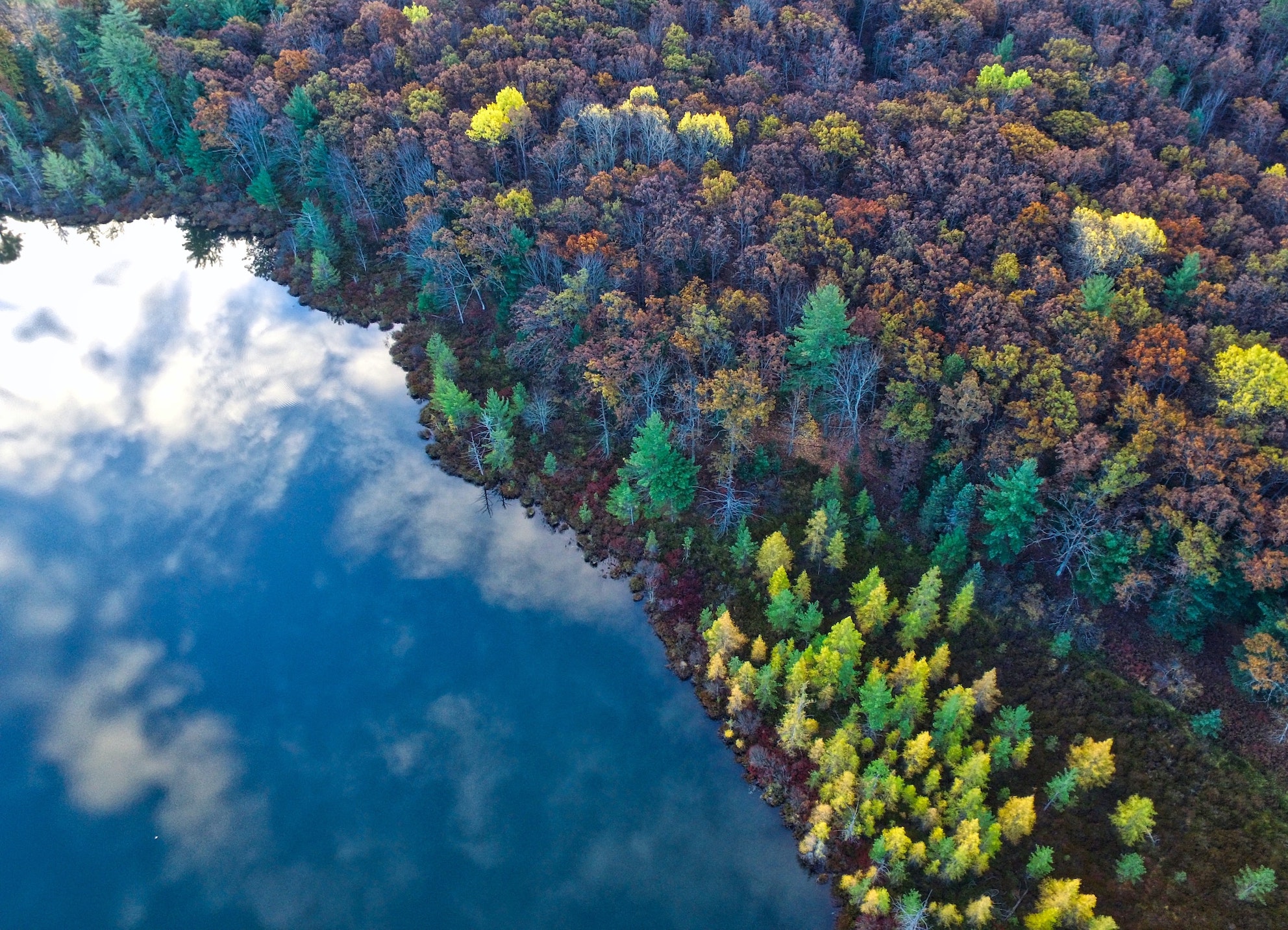12 August 2022 – Darina Kalamova
Every five years, the Australian government releases a report on the state of the nation’s environment, which details the most crucial environmental issues, repercussions and possible solutions.
The 2021 State of the Environment Report
Unfortunately, the findings of the most recent report state that climate change, habitat and species loss, pollution, and resource extraction are devastating Australia’s environment.
Extreme weather events are occurring more frequently and over the last five years natural disasters such as floods, droughts, wildfires, storms, and heatwaves have affected virtually every part of Australia. Millions of hectares of potential habitat for animal and plant species have been lost or heavily damaged.
The marine ecosystem is in a critical state . While sea levels are rising, some of the most important river basins on the land are recording alarmingly low water flows.
It is important to note that the report highlights some positive shifts. More investments are being made and people are becoming more involved in the climate change conversation.
Indigenous peoples’ role in environmental management
The relationship between the environment and people’s well-being, especially the interconnectedness of environment and culture, is emphasised as well.
There is a dedicated chapter on Indigenous peoples and their role in conservation. This involves aspects such as cultural principles, deep understandings of the flora and fauna, and land and sea management practices and is a part of a growing movement of climate reports that recognise Indigenous peoples’ role in Australia’s future.
Indigenous peoples have a deep connection to the land, which has developed for thousands of years and it has helped them adapt to shifting climates and radically different environments. Traditional Ecological Knowledge could become a key element of environmental management, as it has the means to provide a new approach focused on culture and traditions instead of other values such as economic gains.
Indigenous peoples are more likely to be impacted by environmental crises and therefore their inclusion in the decision-making process is vital. The report advocates for cooperation, improved application of existing environmental laws and regulations, as well as for new actions to codify Indigenous land stewardship. Excluding a group that has been on the continent for thousands of years, would mean disregarding any historical context, ongoing injustices and imbalances in power.



